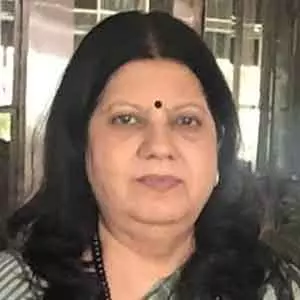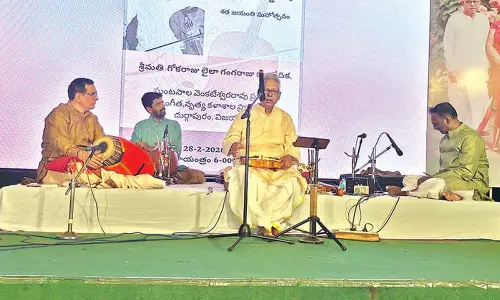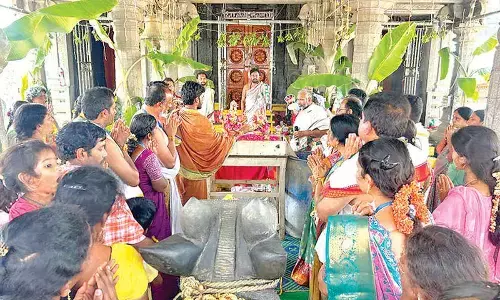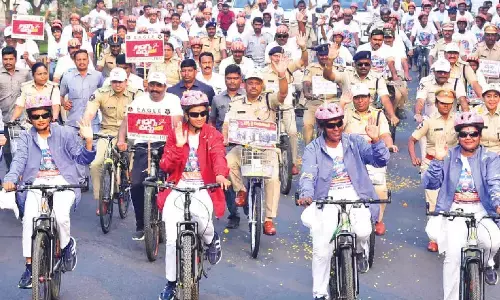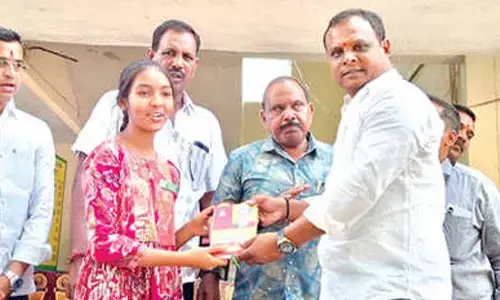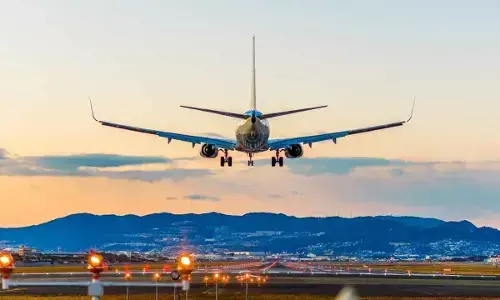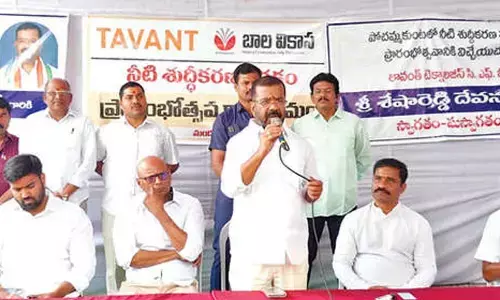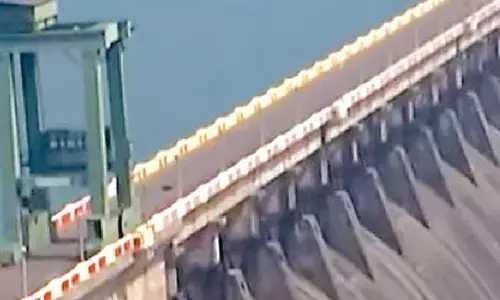AIADMK, BJD support to Modi govt crucial in RS

New Delhi: AIADMK, BJD Support to Modi Government Crucial in Rajya Sabha, Prime Minister Narendra Modi, who does not want any hurdles in passing important legislations in Parliament, is keen to cobble-up numbers to get a majority in the Rajya Sabha.
- BJP-led NDA has just 54 MPs in the Upper House against UPA’s 107 MPs
- AIADMK has 10 MPs, BJD 4 MPs
- BSP, SP, and TMC may not join hands with Modi
- Tamil Nadu CM J Jayalithaa will meet PM on June 3
- Patnaik to hand-over his list of demands to the PM next week
- PM may ask both parties to join NDA
New Delhi: Prime Minister Narendra Modi, who does not want any hurdles in passing important legislations in Parliament, is keen to cobble-up numbers to get a majority in the Rajya Sabha. While in the Lok Sabha, the BJP itself has an absolute majority, in the Upper House, it would be requiring the support of regional parties like AIADMK of J Jayalalithaa and BJD of Naveen Patnaik to prevent the Congress-led UPA from putting spokes in its growth-oriented agenda. The strength of the BJP-led NDA in the Rajya Sabha is just 54 MPs as against 107 MPs of the UPA. In order to pass the government legislation in the upcoming Budget Session of Parliament, it would need the assent of both the Houses. AIADMK and BJD are the only regional parties which can lend their support to the Modi government, as all the others like Mayawati-led BSP, Mulayam Singh Yadav-led SP and Mamata Banerjee - led Trinamool Congress are averse to joining hands with Modi and would prefer to maintain their neutrality. Tamil Nadu Chief Minister J Jayalithaa will meet Modi at his South Block office on June 3. She is expected to present a memorandum to the Prime Minister on the crucial issues relating to her state including a relief package that has been pending since the time of the previous government. Similarly, JD Chief Naveen Patnaik is also expected to call on the Prime Minister next week to hand-over his list of demands to the Central Government. Patnaik wants special category status for Odisha and depending on his response to the Centre, he would get the nod.

It is learnt that the Prime Minister in his meetings with two regional satraps- Jayalalithaa and Naveen Patnaik - would request them to join the NDA government. In the Lok Sabha, AIADMK secured 37 seats, while BJD got 20 seats. In the Rajya Sabha, similarly, both the parties have 10 and 4 MPs, respectively. With the addition of these 14 MPs, the strength of the NDA will rise to 68 MPs. Although this number is not sufficient for passing the bills in the Rajya Sabha, this is just the required number to get any important Bill passed in a Joint Session of Parliament.
There are only three precedents in the past of Bills being passed in a Joint Session. Such an emergency arose in 1961, 1978 and the most recent one being in 2002, when the Vajpayee government passed the POTA (Prevention of Terrorism Act) in a Joint Session of Parliament. While important Bills can be passed in a joint session, the only area of law where a joint session cannot be called is on Constitutional amendments and on matters of impeachment and emergency.

